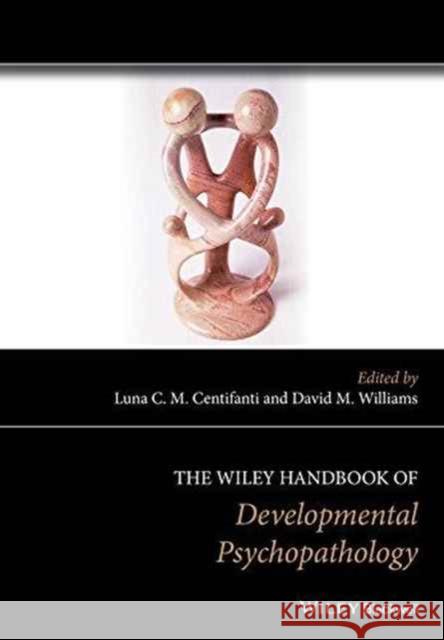The Wiley Handbook of Developmental Psychopathology » książka
topmenu
The Wiley Handbook of Developmental Psychopathology
ISBN-13: 9781118554555 / Angielski / Twarda / 2017 / 560 str.
The Wiley Handbook of Developmental Psychopathology offers a concise, up-to-date, and international overview of the study of developmental psychopathology.
- Examines the cognitive, neurobiological, genetic, and environmental influences on normal and abnormal development across the lifespan
- Incorporates methodology, theory, and the latest empirical research in a discussion of modern techniques for studying developmental psychopathology
- Considers the legal, societal, and policy impacts of changes to diagnostic categories in the light of the transition to DSM-5
- Moves beyond a disorder-based discussion to address issues that cut across diagnostic categories











